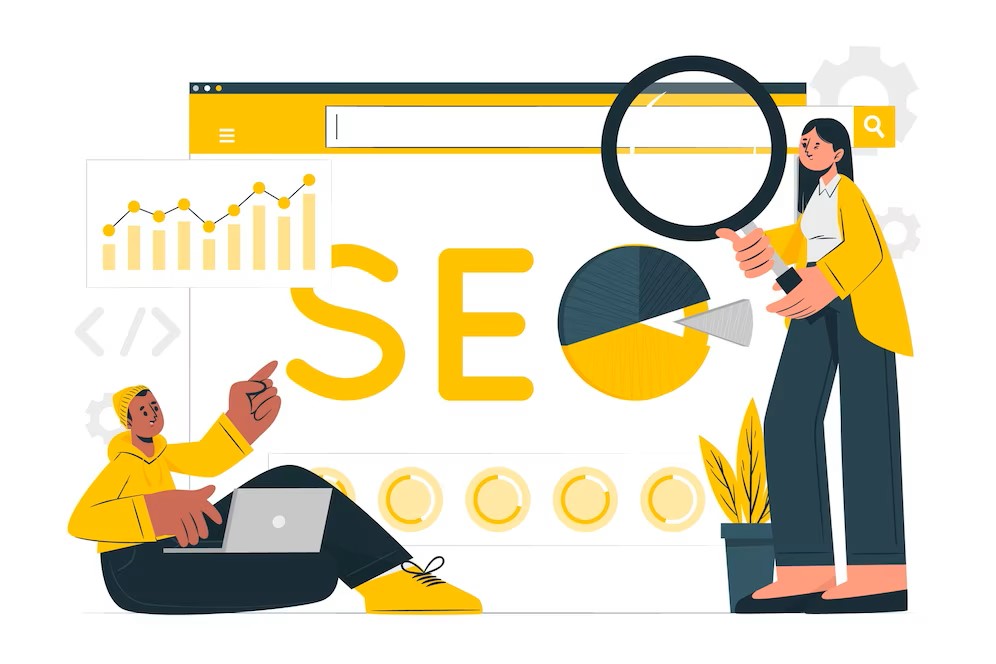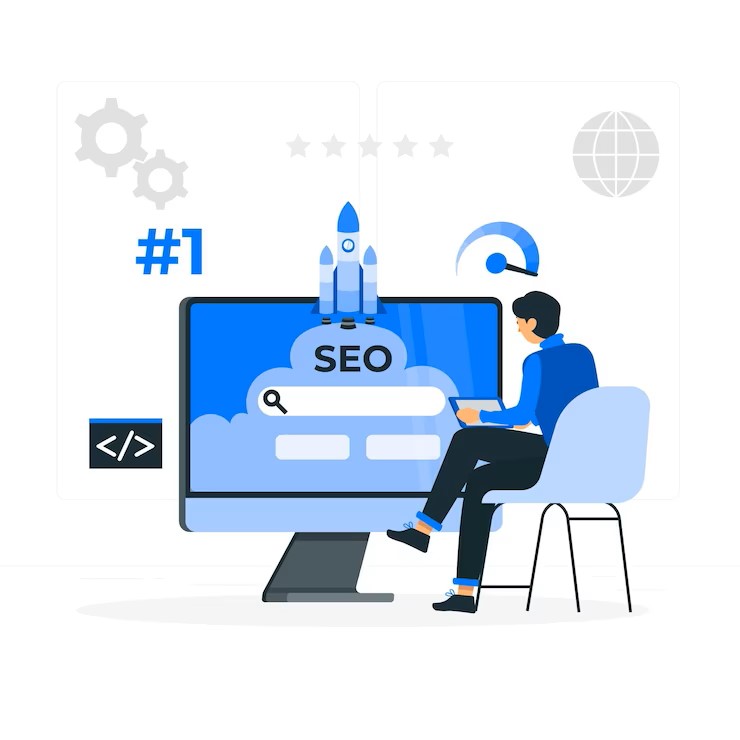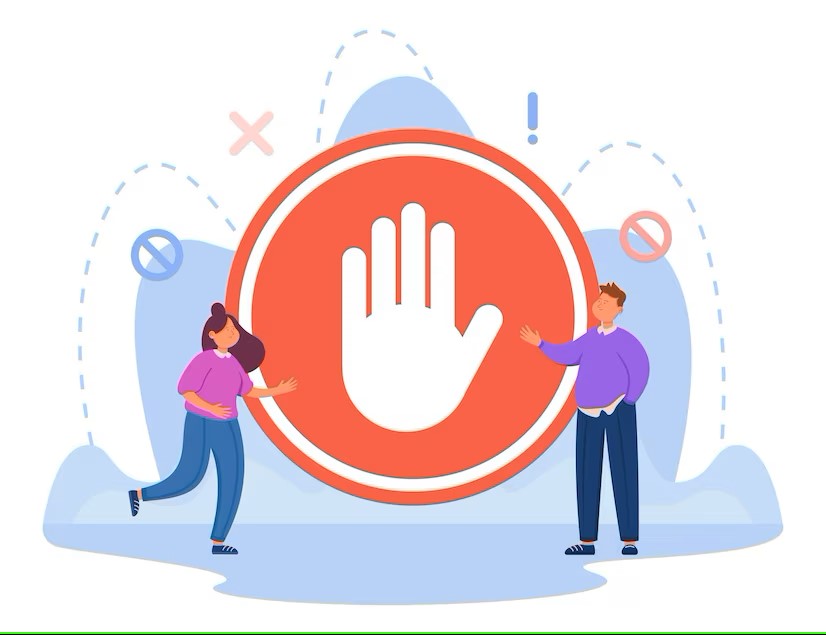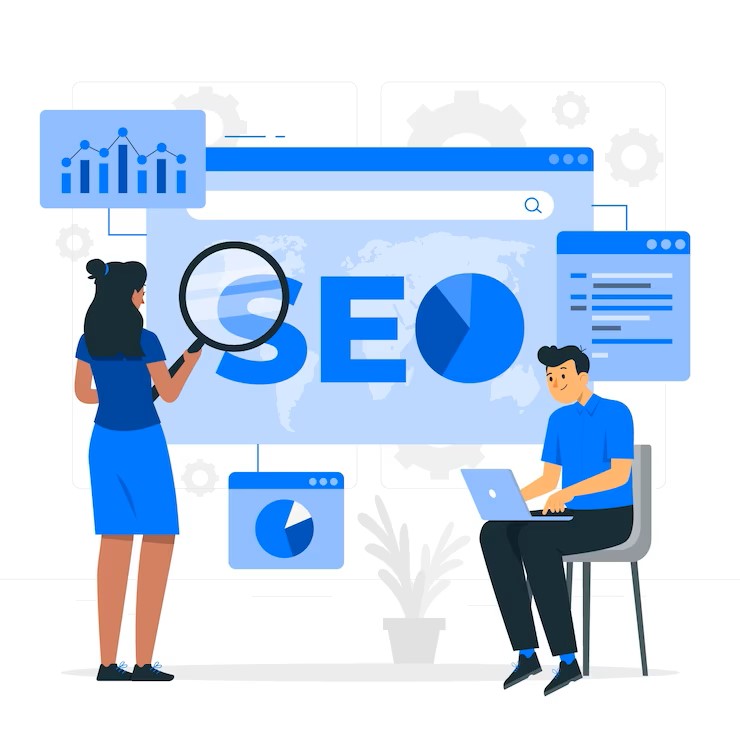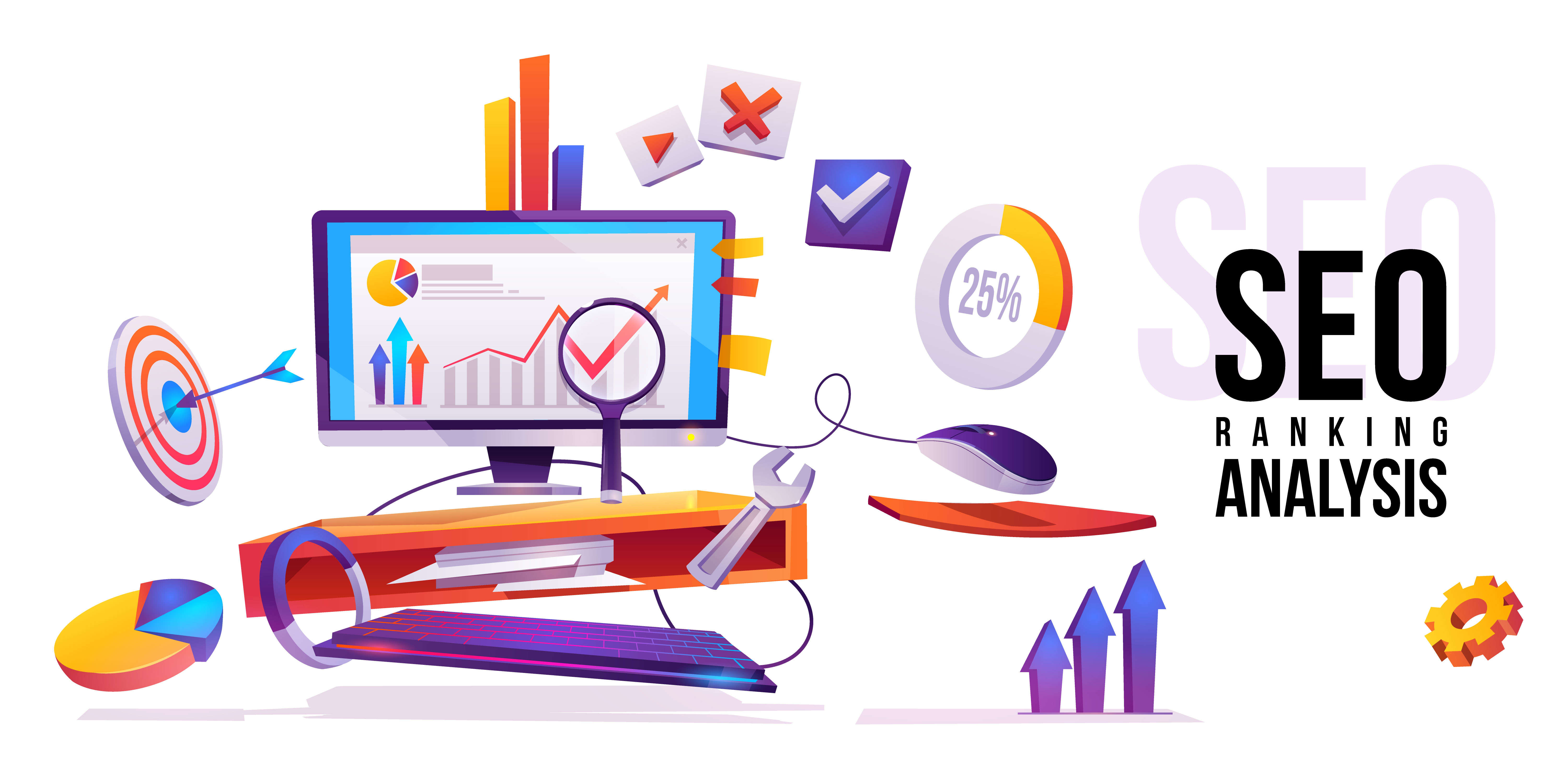What are some common mistakes in SEO?
What are some common mistakes in SEO?
SEO is the process of optimizing your website and content to rank higher in search engines like Google and Bing. SEO can help you reach more potential customers who are looking for what you offer. However, SEO is not easy and there are many common mistakes that can harm your SEO strategy and prevent you from achieving your goals.
Some of the common mistakes in SEO are:
• Not doing keyword research: Keyword research is the process of finding the words and phrases that your target audience uses to search for your products or services. Keyword research helps you understand the demand, competition, and relevance of your topics. Without keyword research, you may end up targeting keywords that are too broad, too specific, or too competitivehttps://bmmagazine.co.uk/business/8-common-mistakes-that-can-harm-your-seo-strategy/.
• Not matching search intent: Search intent is the why behind a search query. It refers to the goal or purpose of the user when they type something into a search engine. Search intent can be informational, navigational, transactional, or commercialhttps://www.forbes.com/sites/forbesagencycouncil/2023/08/18/12-common-seo-errors-to-avoid-when-optimizing-a-site-for-voice-search/. To rank high on Google, you need to match the search intent of your keywords by providing the most relevant and useful content for the userhttps://marketingnewscanada.com/news/moz-launches-first-to-market-metric-qa-with-its-marketing-scientist.
• Targeting keywords that are too difficult: Some keywords are more competitive than others, meaning that many websites are trying to rank for them. If you target keywords that are too difficult for your website's authority and popularity, you may have a hard time outranking the established competitorshttps://www.forbes.com/sites/forbesagencycouncil/2021/08/30/10-of-the-most-common-seo-errors-and-how-to-rectify-them/. You should target keywords that have a reasonable difficulty score and a good balance between traffic potential and competitionhttps://ahrefs.com/blog/seo-mistakes/.
• Not building enough backlinks: Backlinks are links from other websites that point to your website. Backlinks are one of the most important ranking factors for SEO, as they signal to Google that your website is trustworthy, authoritative, and relevanthttps://www.forbes.com/sites/forbesagencycouncil/2019/04/05/14-common-seo-mistakes-and-how-to-correct-them/. Without enough backlinks, your website may struggle to rank high on Google, especially for competitive keywords.
• Breaking Google’s Terms of Service when building links: Not all backlinks are created equal. Some backlinks can actually harm your SEO if they violate Google's Terms of Service. For example, buying or selling links, participating in link schemes, using automated tools to create links, or creating low-quality or spammy links can result in a penalty from Google. You should only build backlinks that are natural, relevant, and valuable for the user.
• Missing internal link opportunities: Internal links are links from one page on your website to another page on your website. Internal links help users navigate your website, distribute link authority among your pages, and signal to Google the structure and hierarchy of your website. Without internal links, your website may have a poor user experience, a low crawl rate, and a weak topical relevance.
• Not letting Google crawl your content: Crawling is the process by which Google discovers and indexes new and updated pages on your website. Crawling is essential for SEO, as it allows Google to understand what your website is about and rank it accordingly. However, some factors can prevent Google from crawling your content, such as robots.txt files, noindex tags, canonical tags, or server errors. You should make sure that Google can access and crawl your content without any issues.
• Not letting Google index your content: Indexing is the process by which Google stores and organizes the pages it crawls in its database. Indexing is also crucial for SEO, as it determines whether your pages can appear in the search results or not. However, some factors can prevent Google from indexing your content, such as duplicate content, thin content, low-quality content, or manual actions. You should make sure that Google can index your content without any problems.
• Having an extremely slow site: Site speed is the measure of how fast your website loads for the user. Site speed is important for SEO, as it affects both user experience and ranking performance. A slow site can frustrate users, increase bounce rate, reduce conversions, and lower ranking potential. You should optimize your site speed by reducing page size, compressing images, enabling caching, using a CDN (content delivery network), and more.
• Treating SEO as a one-time thing: SEO is not a one-time thing that you can set and forget. SEO is a long-term and ongoing strategy that requires constant monitoring and improvement. SEO is dynamic and ever-changing, as Google updates its algorithm frequently, user behavior evolves over time, and new competitors enter the market. You should treat SEO as a continuous process that involves analyzing data, testing hypotheses, implementing changes, measuring results, and repeating the cycle.
These are some of the common mistakes in SEO that you should avoid if you want to succeed in online marketing. By following best practices and avoiding these pitfalls, you can improve your SEO performance and achieve your business goals.
Popular Tools
Recent Posts

